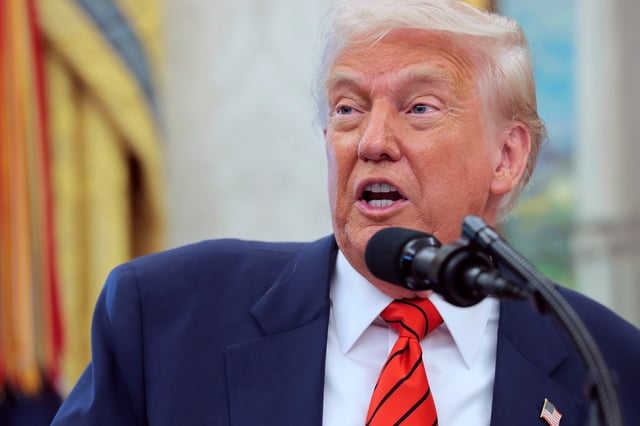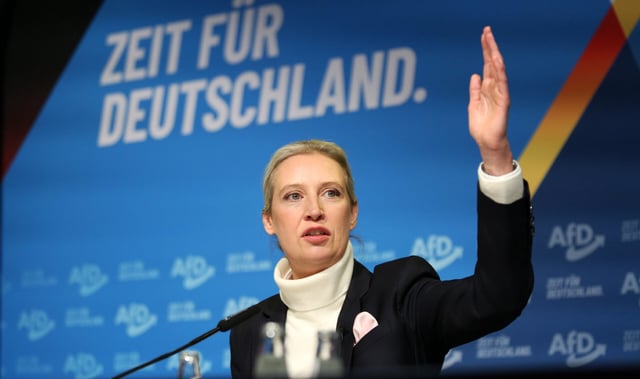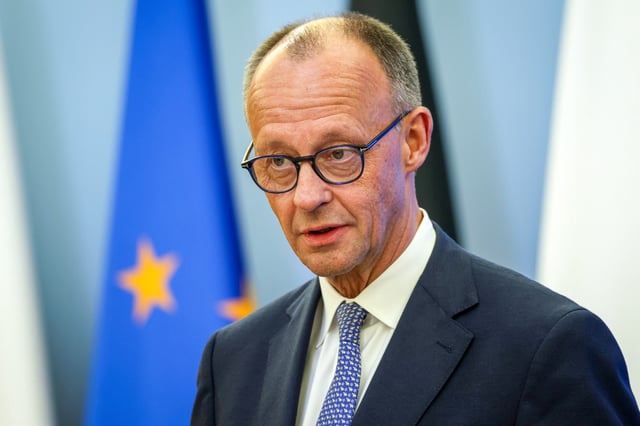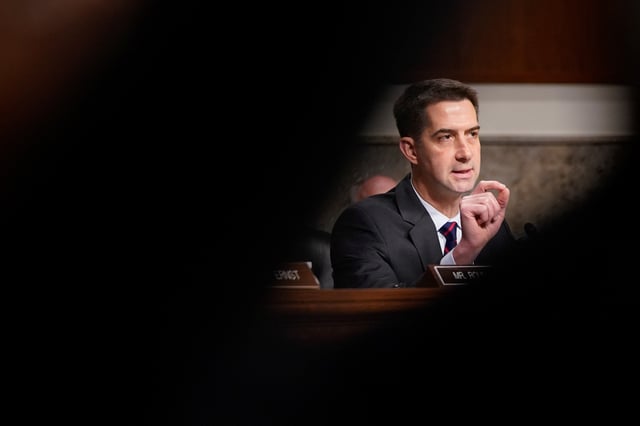Overview
- Germany’s domestic intelligence agency, the BfV, officially classified the Alternative for Germany (AfD) as a proven right-wing extremist organization, enabling expanded surveillance measures such as wiretapping and infiltration.
- The classification has prompted major German political parties to push for a parliamentary vote to initiate a constitutional ban on the AfD, a process that would ultimately be decided by the Federal Constitutional Court.
- The AfD, which achieved a record 20% in February’s federal elections and is now Germany’s most popular party in polls, has filed legal challenges against the extremist designation.
- U.S. Senator Tom Cotton has called on Director of National Intelligence Tulsi Gabbard to pause intelligence sharing with Germany, citing concerns about the targeting of a legitimate opposition party.
- Secretary of State Marco Rubio and Vice President JD Vance have criticized the classification, framing it as a suppression of democratic choice, while Germany defends the move as necessary to protect its constitution.



